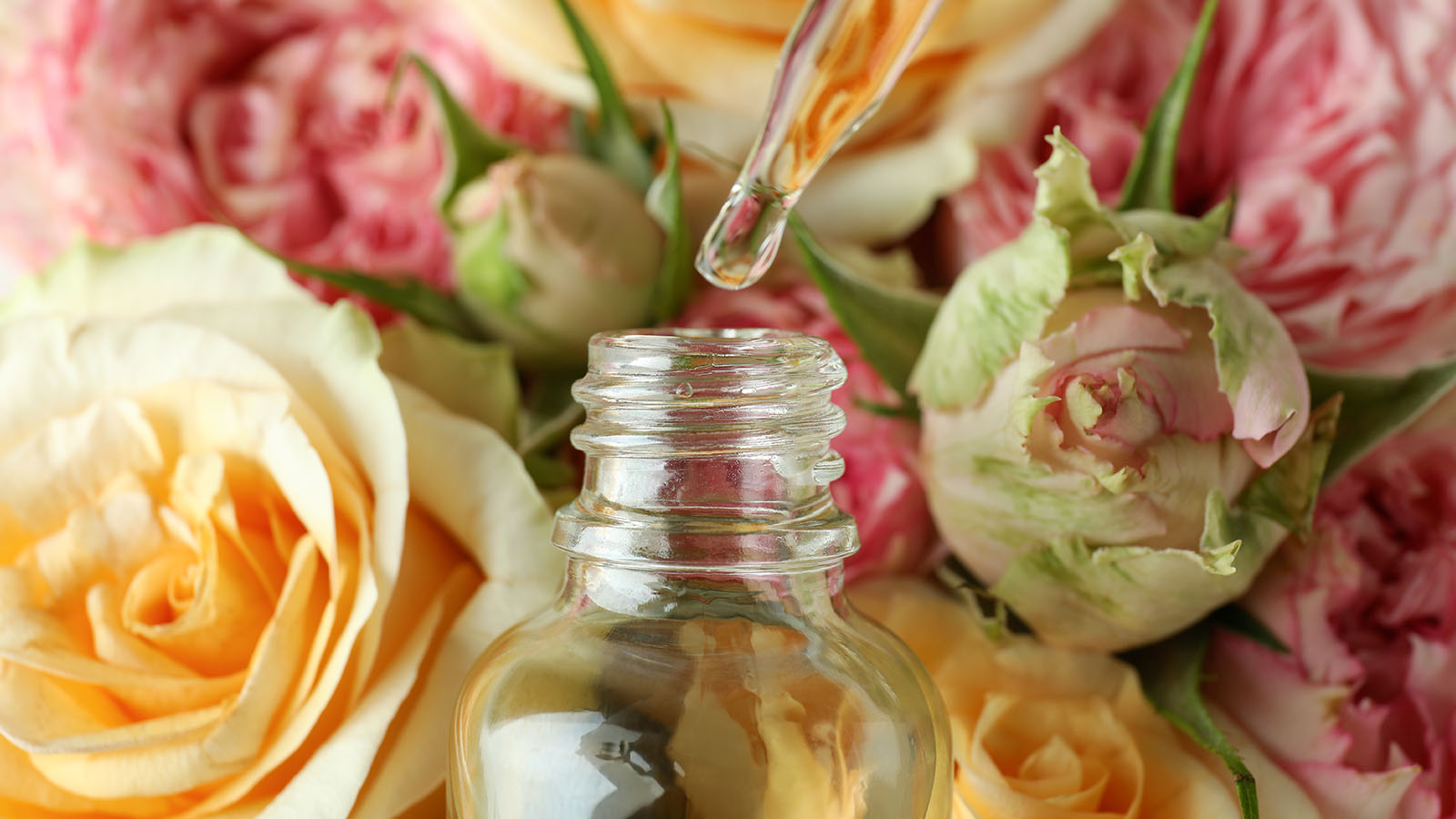Have you ever noticed how the scent of your favorite perfume or a freshly baked pie seems to fade away after a while, even though the source of the smell is still present? This phenomenon is called olfactory fatigue, a natural process that affects everyone.
Olfactory fatigue occurs when your nose becomes desensitized to a scent after continuous exposure, making it less noticeable over time.
The Science Behind Olfactory Fatigue
Olfactory fatigue, also known as odor fatigue or olfactory adaptation, is a temporary, natural desensitization to a particular smell. This process occurs in the olfactory sensory neurons, which are responsible for detecting and processing scents. This is why people living with persistent odors, like those from pets, might not notice them as much over time.
When a scent is continuously present, the olfactory receptors in your nose become saturated, sending fewer signals to your brain over time. This is your body’s way of prioritizing new smells, helping you stay alert to potential dangers or changes in your environment.
Causes of Olfactory Fatigue
Olfactory fatigue can be triggered by various factors, including:
- Prolonged exposure to a strong scent: Constant exposure to a perfume, diffuser, or cleaning product can desensitize your nose to its smell.
- Environmental factors: Poor ventilation can trap scents in a space, intensifying olfactory fatigue.
- Physiological responses: Your brain automatically reduces its response to familiar smells, conserving energy for detecting new odors.
How Olfactory Fatigue Affects Daily Life
Olfactory fatigue can influence various aspects of daily life, including:
- Personal fragrance choices: You may apply more perfume than necessary because you stop noticing its smell.
- Home scenting: Diffusers or candles may seem less effective over time due to adaptation.
- Food perception: Strong kitchen odors may lose their intensity, making it harder to gauge flavors.
Managing and Preventing Olfactory Fatigue
While olfactory fatigue is natural, there are ways to minimize its impact:
- Rotate fragrances: Switch between different fragrances to prevent prolonged exposure to a single aroma.
- Take scent breaks: Step outside or into a neutral-smelling area to reset your olfactory senses.
- Ventilate your space: Proper air circulation reduces the buildup of strong scents, preventing oversaturation.
- Use subtle scents: Opt for light, unobtrusive fragrances that are less likely to overwhelm your olfactory receptors.
How Professionals Use Olfactory Fatigue to Their Advantage
Olfactory fatigue isn’t always a drawback. In fields like perfumery and scent marketing, understanding olfactory adaptation helps experts design fragrances that remain appealing over time without overwhelming the senses.
Scent branding in retail spaces, for instance, carefully balances fragrance intensity to ensure customers don’t experience fatigue while shopping.
Maximizing Your Scent Experience
Olfactory fatigue is a fascinating and entirely normal sensory response that helps our brains prioritize new information. By understanding its causes and effects, you can better manage your experience with scents in daily life.
Whether you’re choosing a home fragrance or exploring new perfumes, being mindful of olfactory fatigue ensures you get the most out of your aromatic experiences.

















Share:
Scents and Memory Function
Introduction to Fragrances